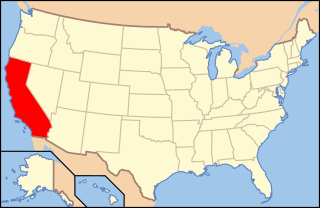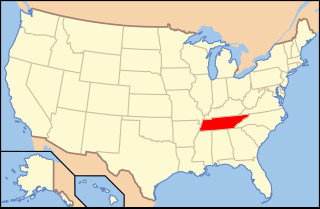| Gun laws by country |
|---|
In Brazil, all firearms are required to be registered with the minimum age for gun ownership being 25. [1] It is generally illegal to carry a gun outside a residence, and a special permit granting the right to do so is granted to certain groups, such as law enforcement officers. [2] To legally own a gun, an owner must hold a gun license, which costs R$1000, [2] and pay a fee every three years to register the gun, currently at R$85. [3] Registration can be done online or in person with the Federal Police. [4] Until 2008, unregistered guns could be legalized for free. [5]

Brazil, officially the Federative Republic of Brazil, is the largest country in both South America and Latin America. At 8.5 million square kilometers and with over 208 million people, Brazil is the world's fifth-largest country by area and the fifth most populous. Its capital is Brasília, and its most populated city is São Paulo. The federation is composed of the union of the 26 states, the Federal District, and the 5,570 municipalities. It is the largest country to have Portuguese as an official language and the only one in the Americas; it is also one of the most multicultural and ethnically diverse nations, due to over a century of mass immigration from around the world.

A firearm is a portable gun that inflicts damage on targets by launching one or more projectiles driven by rapidly expanding high-pressure gas produced chemically by exothermic combustion (deflagration) of propellant within an ammunition cartridge. If gas pressurization is achieved through mechanical gas compression rather than through chemical propellant combustion, then the gun is technically an air gun, not a firearm.
The Brazilian real is the official currency of Brazil. It is subdivided into 100 centavos. The Central Bank of Brazil is the central bank and the issuing authority.
Contents
It is estimated that there are around 17 million firearms in Brazil, [6] 9 million of which are unregistered. [1] Some 39,000 people died in 2003 from gun-related injuries nationwide. [6] In 2004, the number was 36,000. [1] Brazil has the second largest arms industry in the Western Hemisphere. [7] Approximately 80% of the weapons manufactured in Brazil are exported, mostly to neighboring countries; many of these weapons are then smuggled back into Brazil. [7] Some firearms in Brazil come from police and military arsenals, having either been "stolen or sold by corrupt soldiers and officers." [7]
In 2005, a majority of Brazil's population voted against banning the sale of guns and ammunition to civilians in a referendum. [1] Executive Order No. 5.123, of 1 July 2004 [8] allowed the Federal Police to confiscate firearms which are not possessed for a valid reason; self-defense was not considered a valid argument. [9]

The Federal Police of Brazil is a federal law enforcement agency of Brazil and one of its three national police forces. The other two are the Federal Highway Police and the Federal Railroad/Railway Police. From 1944 to 1967 it was called the Federal Public Safety Department.
These measures saw mixed results. Initially, the crime rate dropped, [10] but subsequently rose in later years. 2012 marked the highest rate of gun deaths in 35 years for Brazil, eight years after a ban on carrying handguns in public went into effect, [11] and 2016 saw the worst ever death toll from homicide in Brazil, with 61,619 dead. [12] The death toll rose again in 2017 to 63,880, a 3.7% rise from 2016. [13]
Current President Jair Bolsonaro is strongly in favor of repealing the disarmament law and allowing citizens to own and carry guns for defense. [14] On 15 January 2019, Bolsonaro signed a decree to temporarily make it easier to purchase guns. [15] The decree increases the valid gun ownership period from five to ten years and allows citizens to own up to four firearms. In order to own firearms, a citizen will have to provide proof of the "existence of a safe or a secure location for storage" of the weapon at home. Requirements for possession such as passing training courses and background checks remain, as does the minimum age requirement of 25 years. The decree does not affect restrictions for gun carry, only for possession. [16] On 7 May 2019, Bolsonaro signed an additional decree which allows for rural gun owners to use their guns on their own property; allowing additional arms imports into Brazil; allowing collectors, sports shooters, and hunters to travel from their homes to shootings ranges with their firearms and ammunition; entitling veterans with ten or more years experience to bear firearms; and increasing the right to purchase cartridges a year from 50 to 5000 and to 1000 for restricted weapons. [17] [18]

Jair Messias Bolsonaro is a Brazilian politician and retired military officer, serving as the 38th President of Brazil since 1 January 2019. He served in the country's Chamber of Deputies, representing the state of Rio de Janeiro, between 1991 and 2018. He currently is a member of the conservative Social Liberal Party.







